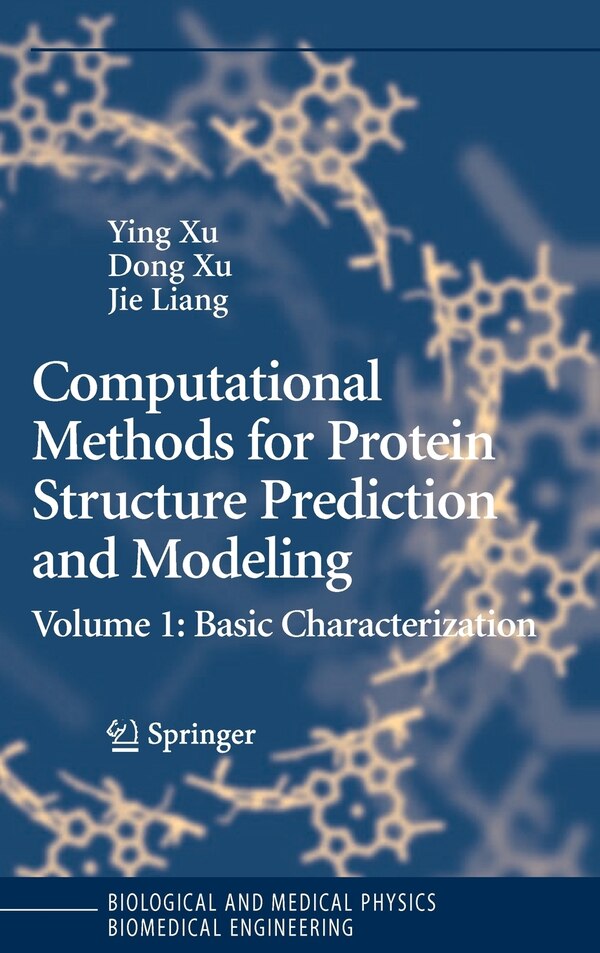Home
Computational Methods for Protein Structure Prediction and Modeling by Ying Xu, Paperback | Indigo Chapters
Loading Inventory...
Indigo
Computational Methods for Protein Structure Prediction and Modeling by Ying Xu, Paperback | Indigo Chapters
From Ying Xu
Current price: $248.50


Indigo
Computational Methods for Protein Structure Prediction and Modeling by Ying Xu, Paperback | Indigo Chapters
From Ying Xu
Current price: $248.50
Loading Inventory...
Size: 1 x 9.25 x 1.41
*Product information may vary - to confirm product availability, pricing, shipping and return information please contact Indigo
An ultimate goal of modern biology is to understand how the genetic blueprint of cells(genotype)determinesthestructure, function, andbehaviorofalivingorganism (phenotype). At the center of this scienti?c endeavor is characterizing the bioch- ical and cellular roles of proteins, the working molecules of the machinery of life. A key to understanding of functional proteins is the knowledge of their folded str- tures in a cell, as the structures provide the basis for studying proteins' functions and functional mechanisms at the molecular level. Researchers working on structure determination have traditionally selected - dividual proteins due to their functional importance in a biological process or pa- way of particular interest. Major research organizations often have their own protein X-ray crystallographic or/and nuclear magnetic resonance facilities for structure - termination, which have been conducted at a rate of a few to dozens of structures a year. Realizing the widening gap between the rates of protein identi?cation (through DNA sequencing and identi?cation of potential genes through bioinformatics an- ysis) and the determination of protein structures, a number of large scienti?c init- tives have been launched in the past few years by government funding agencies in the United States, Europe, and Japan, with the intention to solve protein structures en masse, an effort called structural genomics. A number of structural genomics centers (factory-like facilities) have been established that promise to produce solved protein structures in a similar fashion to DNA sequencing. | Computational Methods for Protein Structure Prediction and Modeling by Ying Xu, Paperback | Indigo Chapters













